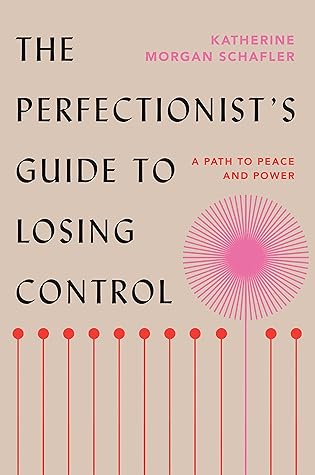Well-being can be divided into two basic branches. Hedonic approaches to well-being seek to increase happiness and avoid pain, whereas eudaemonic approaches to well-being seek to increase meaningfulness.[17] Happiness and meaningful experiences are by no means mutually exclusive, but one does not beget the other. Perfectionists find hedonic approaches to wellness to be underwhelming and basic. That’s part of the reason that people complain that perfectionists don’t know how to have fun. It’s not that perfectionists don’t know how to have fun; it’s that perfectionists have strong eudaemonic
...more
Welcome back. Just a moment while we sign you in to your Goodreads account.


